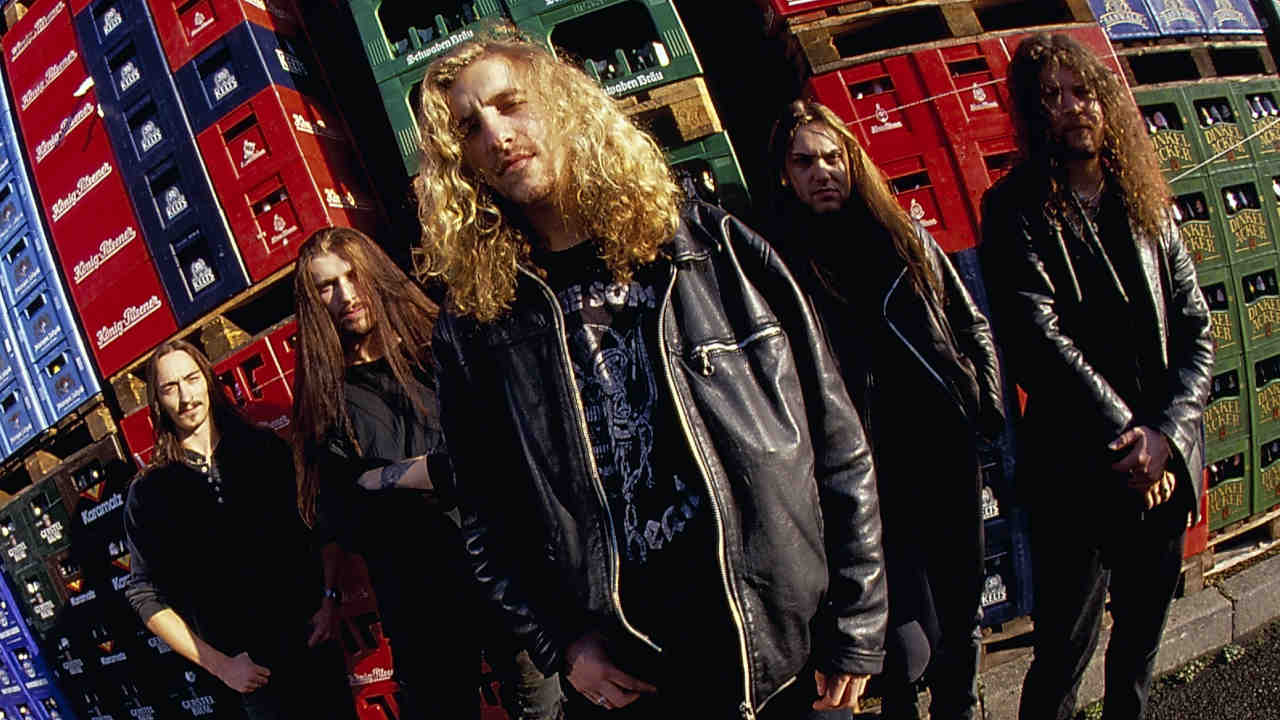Thinking Out Loud: Anthony Kiedis
The Red Hot Chili Peppers frontman on drug addiction and the destructive power of a secret
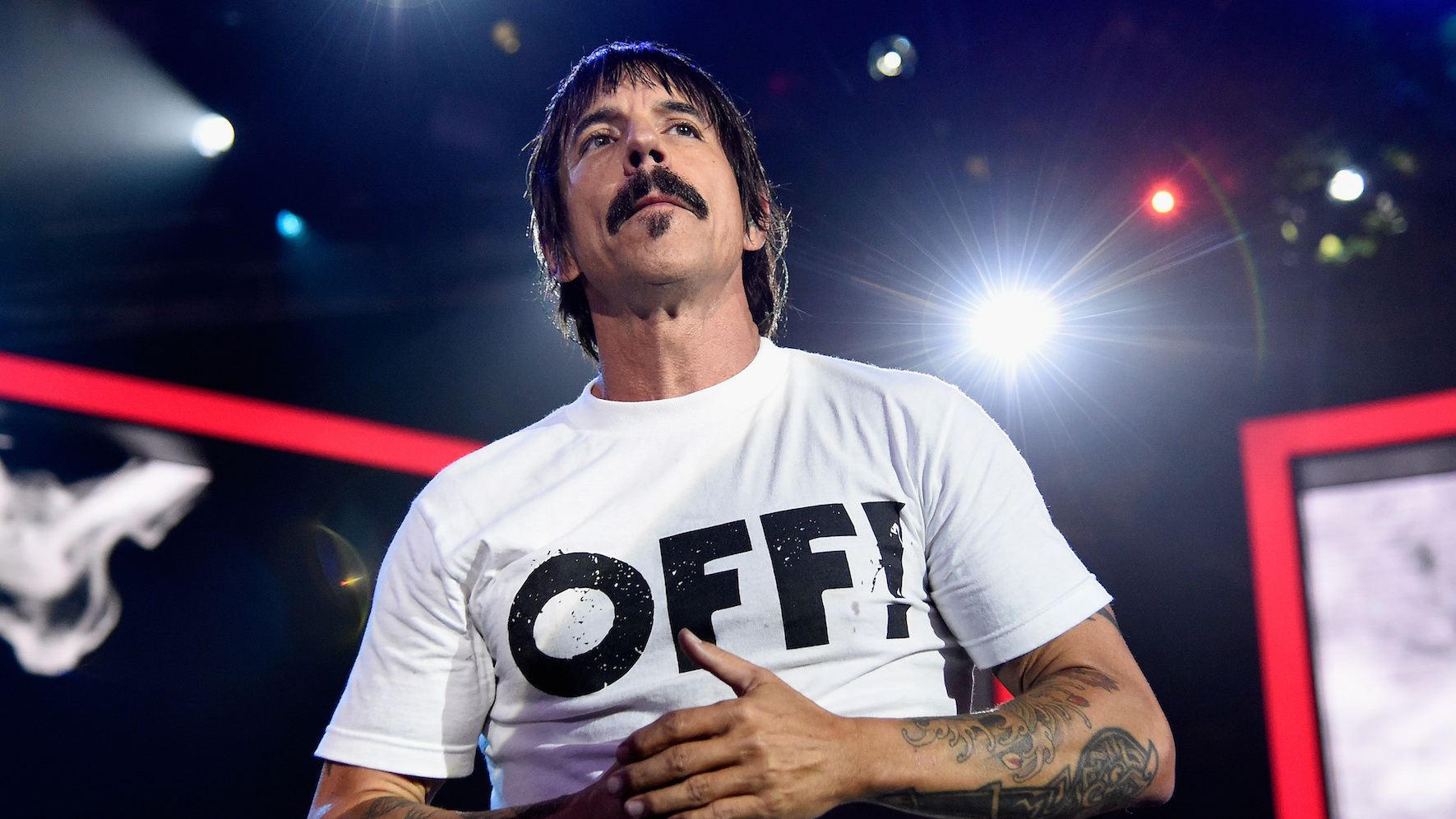
Select the newsletters you’d like to receive. Then, add your email to sign up.
You are now subscribed
Your newsletter sign-up was successful
Want to add more newsletters?

Every Friday
Louder
Louder’s weekly newsletter is jam-packed with the team’s personal highlights from the last seven days, including features, breaking news, reviews and tons of juicy exclusives from the world of alternative music.

Every Friday
Classic Rock
The Classic Rock newsletter is an essential read for the discerning rock fan. Every week we bring you the news, reviews and the very best features and interviews from our extensive archive. Written by rock fans for rock fans.

Every Friday
Metal Hammer
For the last four decades Metal Hammer has been the world’s greatest metal magazine. Created by metalheads for metalheads, ‘Hammer takes you behind the scenes, closer to the action, and nearer to the bands that you love the most.

Every Friday
Prog
The Prog newsletter brings you the very best of Prog Magazine and our website, every Friday. We'll deliver you the very latest news from the Prog universe, informative features and archive material from Prog’s impressive vault.
Anthony Kiedis, 53, has been the lead singer of the Red Hot Chili Peppers since he and the band’s bassist Flea formed the group in 1983. He has recorded 11 studio albums with the band and, alongside Flea, has remained the only permanent member of a group which has regularly shed guitarists – notably John Frusciante – and drummers throughout their evolution. In 2004, he published his autobiography which detailed a number of his frequent sexual encounters and his addiction to drugs.
“I think kids are very impressionable and, whether you like it or not, you become impressed upon by your parents. My father was very flower-to-flower-to-flower in his nature. Although I never wanted to be like that, sometimes you end up that way anyway. It takes a concerted effort to take a look at that and see if that’s really what you want. Really I want something different. I think that kind of lifestyle ends up being quite lonely in the end. I certainly don’t regret having done it, though, because I’ve been blessed with a lot of beautiful experiences in relationships that – for better or worse – were all necessary at the time for me to get where I was going.”
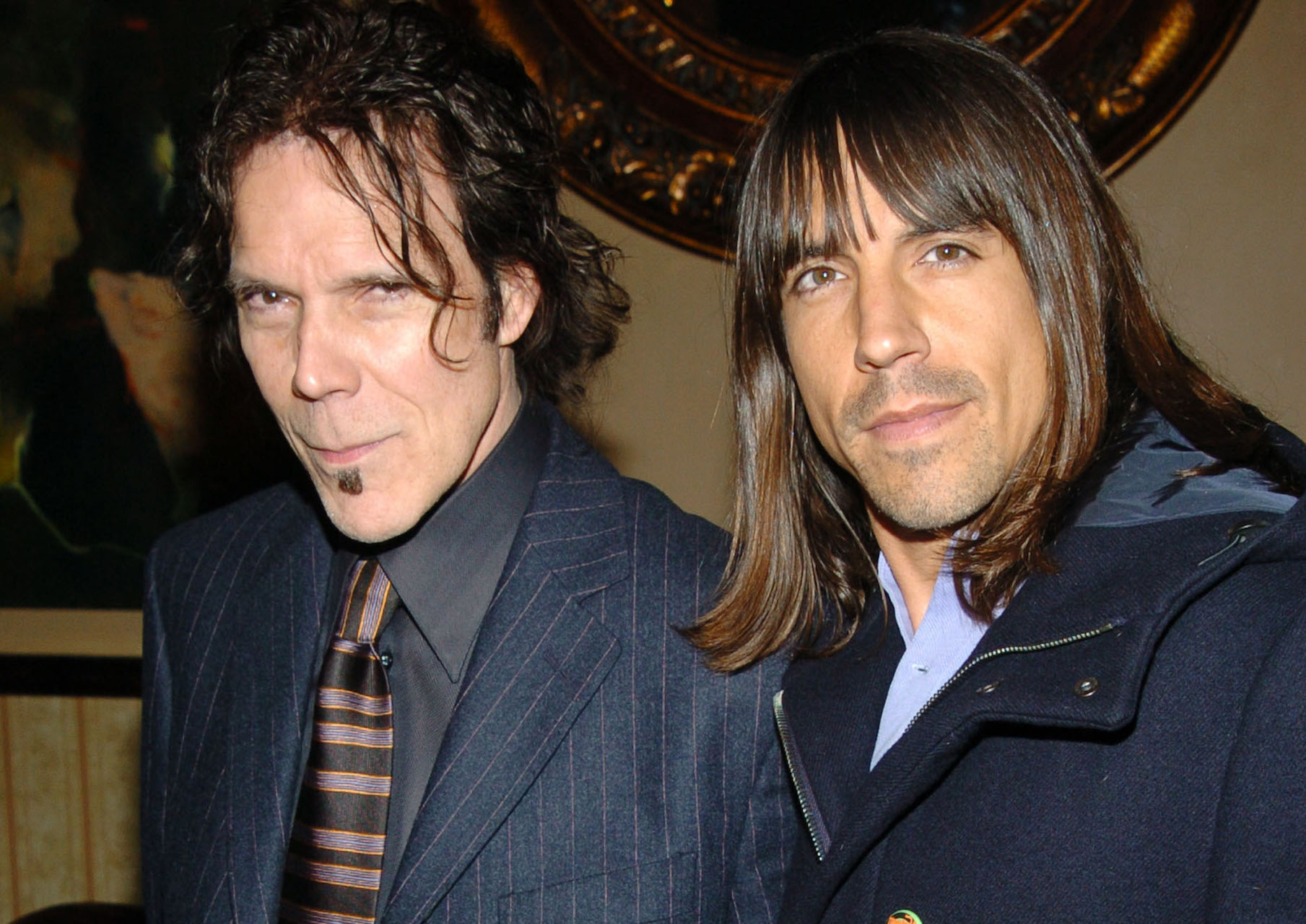
“The first night we played, we really intended to only be a band for one night. We played Out In La in a one-song set but the minute we finished it, we re-evaluated and said, ‘Let’s do that again’. So we wrote another song and played a two-song set the next week. I can’t remember if the next song was Get Up And Jump, Sex Rap or Green Heaven. From that point forward we never saw an end in sight.We were provocative, anti-establishment and didn’t see ourselves as ‘serious’ musicians, writing ‘serious’ songs for ‘serious’ listeners. We wanted to tickle people’s ear tonsils with cosmic, psychedelic funk until they couldn’t stand it. And we believed we’d always be able to do that, as long as we didn’t kill ourselves in the process. We didn’t ever really stop to think that, one-day we were anti-establishment and, the next, we were the establishment. We just like doing this. And we do have a valuable chemistry. This just works.”
“People ask me if I regret being so honest in my book [Scar Tissue]. I’d be much more worried if I hadn’t put myself out there. Secrets have been the death of me in the past. But I really didn’t write that book with the intention of publicising anyone else’s secrets but sometimes in the process it’s difficult to be completely protective about every person you’re writing about because you’re talking about mutual experiences. I think it feels good to get it out, discard it and move on. Was it good therapy? I’d sort of been through most of that stuff before I wrote the book but, yeah, it didn’t hurt.”
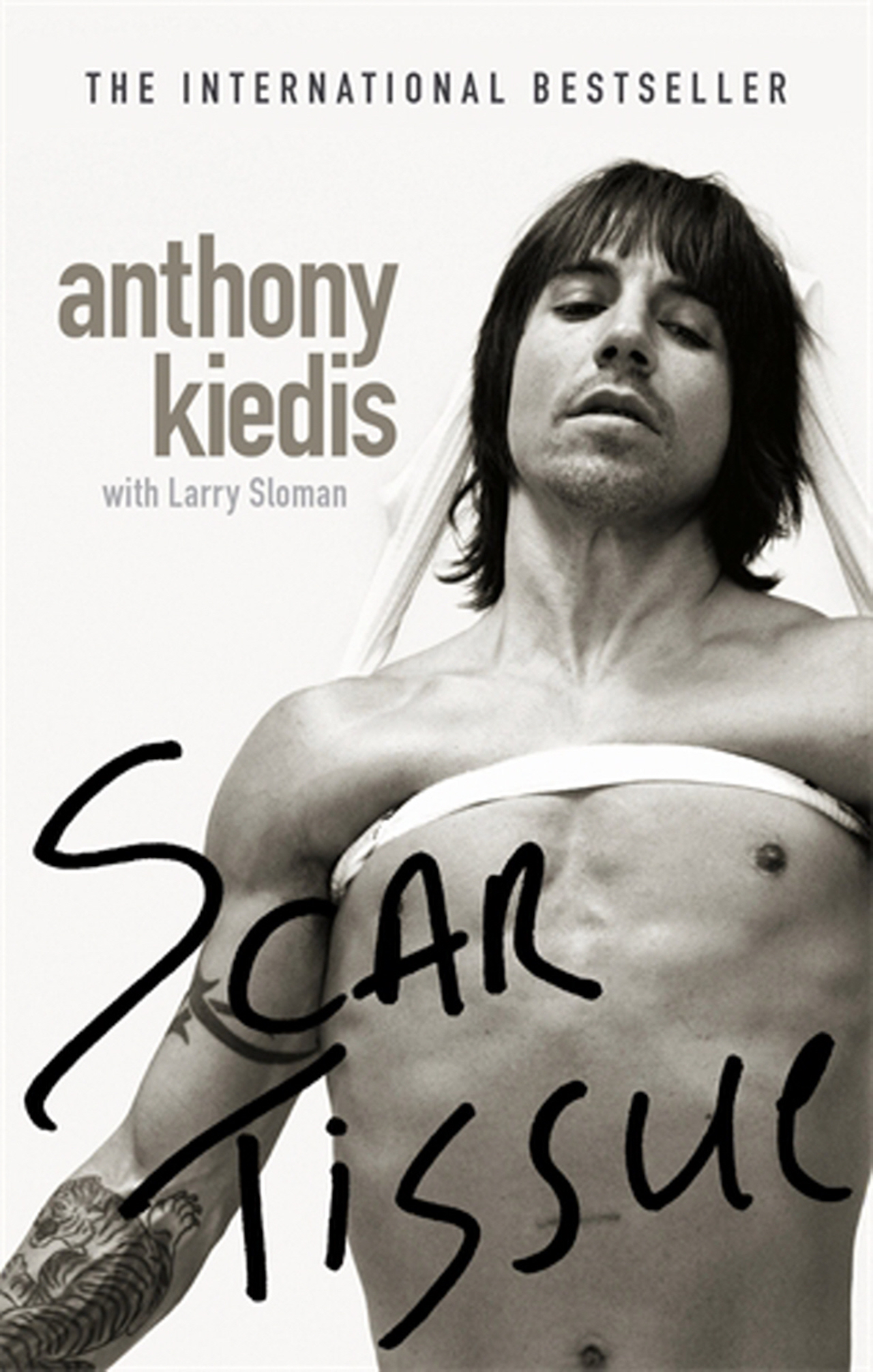
“Flea has never read the book, which is fine. But there was an incorrect quote in Q Magazine where it talks about me having sex with his sister. Flea never said that. He opened the magazine and said, ‘I never said that, why would I say that?’ That was something that writer had extrapolated from God knows where. My relationship with Flea is frighteningly functional these days. I enjoy Flea’s company very much. I enjoy his work ethic, conviction and commitment to what we do together. He’s still having fun too. I think we’ll share this experience until the day we die. It doesn’t seem that we can be separated. I think he forgave me for the book a long time ago. We’re not prone to holding onto grudges against each other for more than a month or two.”
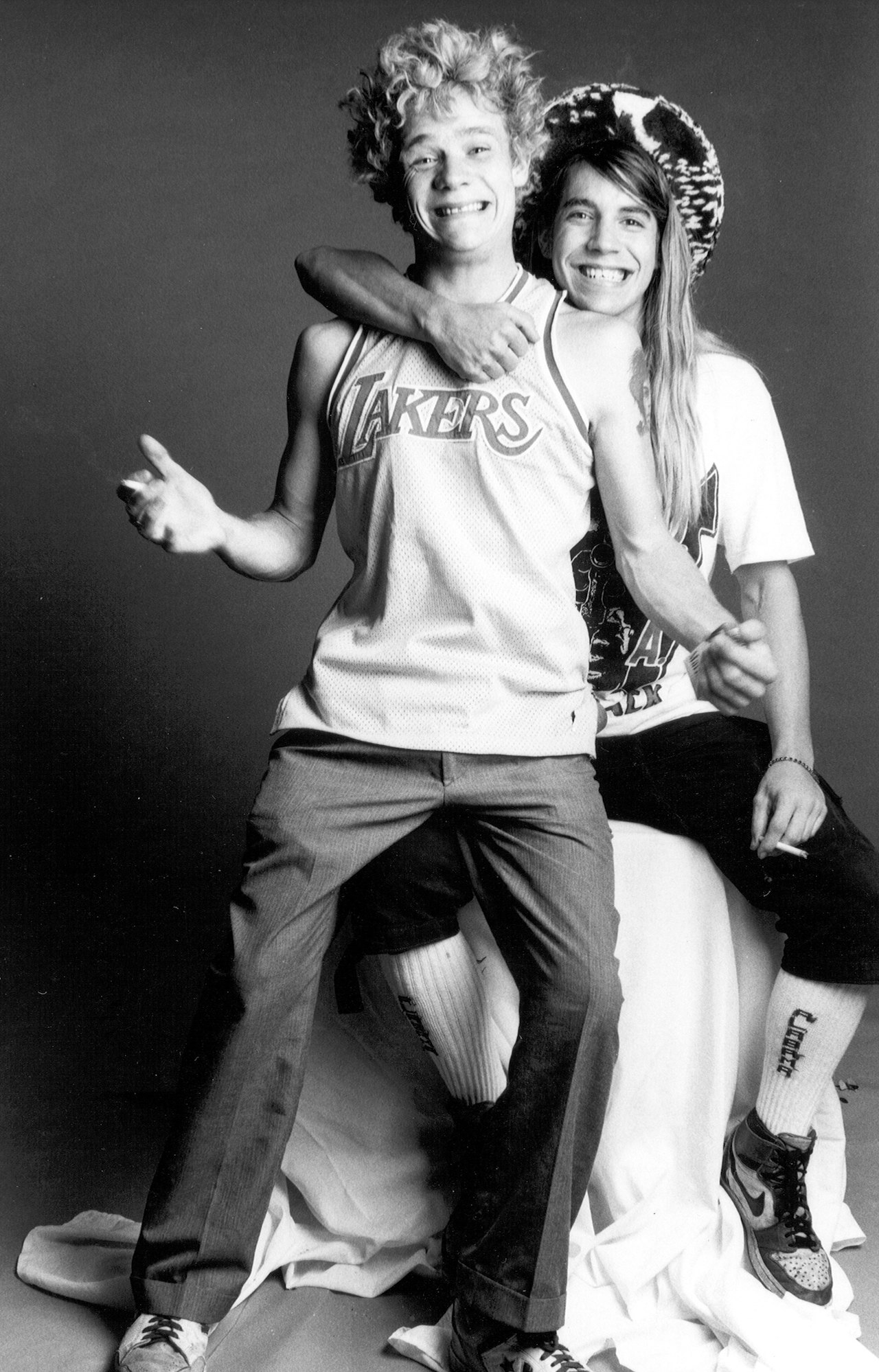
“Being a drug addict in recovery is actually a great place to be because you’re forced to be looking at the rancid layers of the onion that you’ve been carrying around for a lifetime. Whatever degree of struggle it offers me, I’m actually grateful for. It keeps me working towards change, it gives me the desire for change. I like to get rid of the things that truly don’t work for me – psychologically, spiritually, mentally or whatever it is that’s blocking me or bringing me down. It’s real freeing. The alternative is bollocks. You get to a certain amount of pain where you realise you’ve been doing the same stupid things for your entire life but because you’re in such a rut, you forget it’s possible to change. Then one day you realise that you will do whatever it takes to get rid of this stupid feeling that you’re having. I know what my sobriety date is, so it’s easy for me to add up the days and months since then. Sometimes it seems like a lifetime ago and sometimes it seems like yesterday. Sure I could go back there but I’m not interested in doing it though.”
“Our second parting with John [Frusciante] was so perfect and sensible that it wasn’t like the first time he left. Then, it was crushing and it felt as though we hadn’t finished a chapter. This time, we’d finished the chapter and the book with John and we knew that he would be happier doing something else. So his departure created an opportunity and space for something new to happen. I think we all expected it but it was still significant and memorable when it actually happened. But unlike the first time, no-one was crushed. We were relieved. It had stopped working a little while ago and it would have been foolish to continue it. There was no-one to blame, it was just time for a change. And I applaud John’s courage for taking the initiative in instigating that change. I was just as happy as he was – I’m happy for him, happy for us.”
The latest news, features and interviews direct to your inbox, from the global home of alternative music.
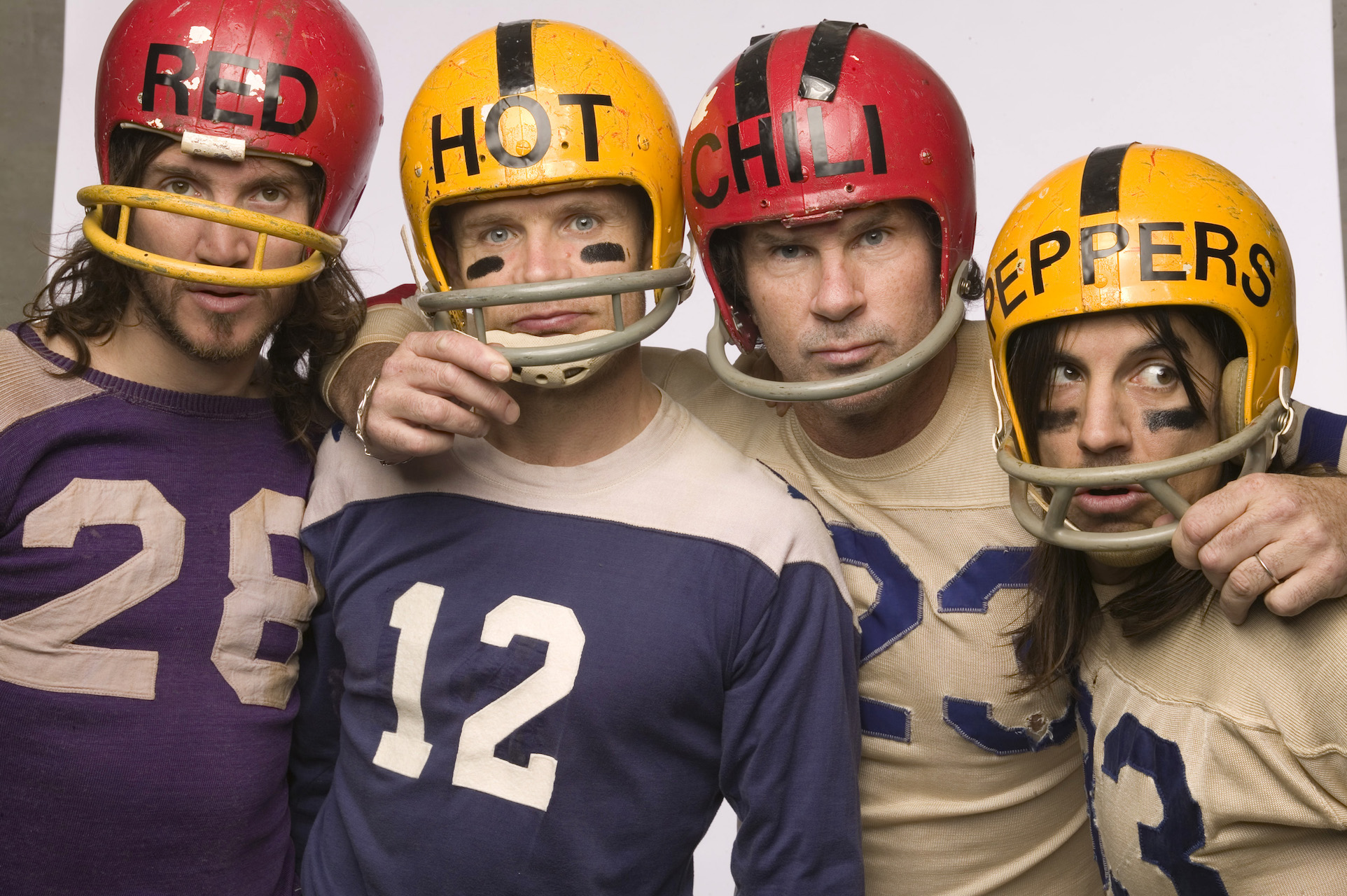
“Can we continue to make good music? I’ve asked myself the same thing about other artists. You look at musicians who were once so inventive and meaningful and ask, ‘Why did they stop?’ If you’re writing such incredible songs, what changes that means you stop writing such good songs. Do people get rich and, somehow, that isolates from the more colourful experiences that once inspired them. I look at someone like Paul McCartney, someone who has written greater songs than I could ever hope to write, but he’s not writing songs today that are as good as the songs he wrote in his heyday – no disrespect. Is he just too rich? It’s not an insult – but how can you stay in touch with the colour of life when you’re that much in your own bubble. There’s something that happens when you have to struggle to get by, and you can’t quite pay the rent, and you don’t have the money to eat.”
“Time or money have never been the motivating force behind why we write music. We play music for the same reason we played music and enjoyed it 20 years ago. For some reason the well hasn’t run dry. It’s still fun, that’s why we do it. And it’s infinite, the musical landscape doesn’t run out. When Chad [Smith, drummer] starts a song, it elates me. To play the songs live is elating. To do it with him, and my oldest and dearest friend Flea, and with Josh [Klinghoffer, guitarist] is a flipping rush.”
Red Hot Chili Peppers’ new album The Getaway will be released on June 17 through Warners. The band will tour from May 23, including dates at T In The Park, Reading and Leeds festivals. For more information, click here.
Mother’s Milk: the album that saved the Red Hot Chili Peppers’ lives
Tom Bryant is The Guardian's deputy digital editor. The author of The True Lives Of My Chemical Romance: The Definitive Biography, he has written for Kerrang!, Q, MOJO, The Guardian, the Daily Mail, The Mirror, the BBC, Huck magazine, the londonpaper and Debrett's - during the course of which he has been attacked by the Red Hot Chili Peppers' bass player and accused of starting a riot with The Prodigy. Though not when writing for Debrett's.

